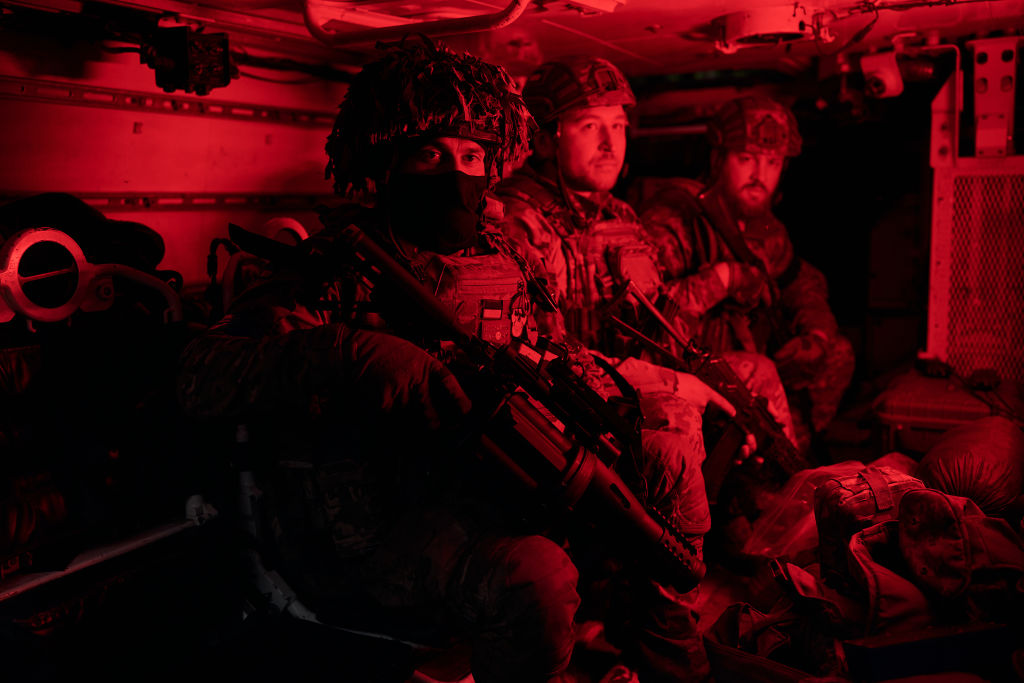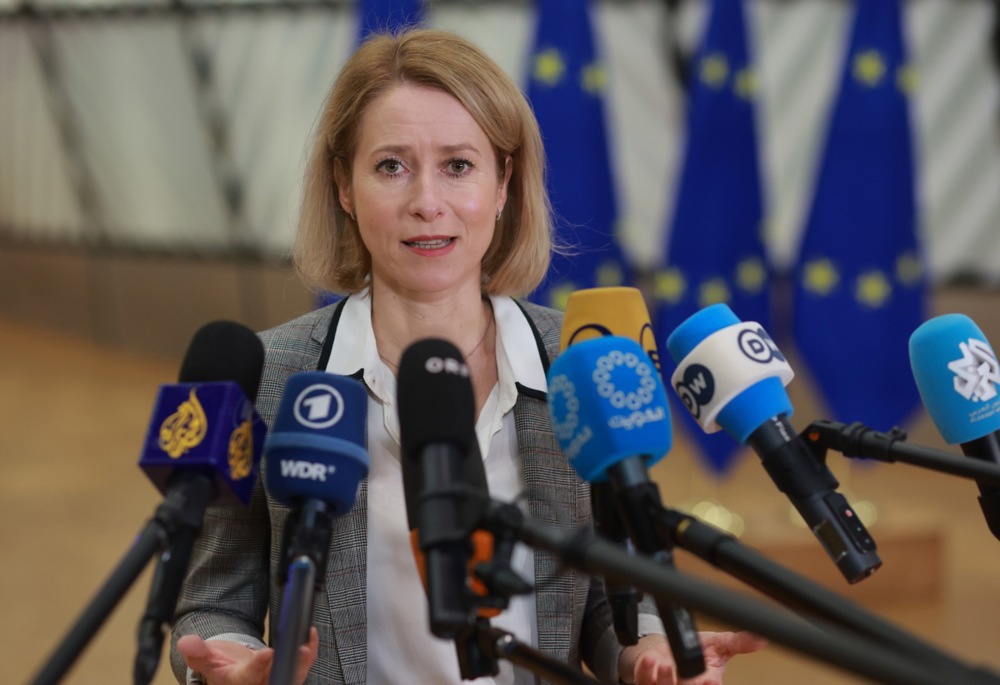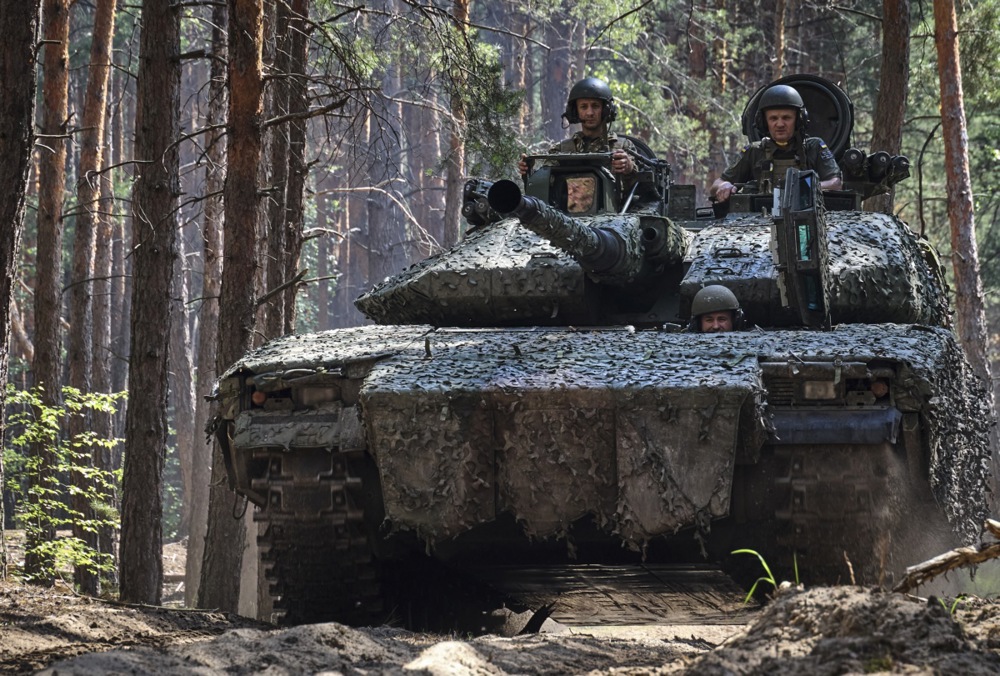China has demanded the European Union immediately lifts sanctions on several of its companies recently blacklisted for allegedly supporting the Russian war machine in Ukraine.
This call, expressed by the Chinese Ministry of Commerce on December 19, reflected Beijing’s “deep dissatisfaction” and “firm opposition” to what it described as a unilateral measure that had no legal basis in international law.
For the first time, several Chinese companies have been singled out by the EU, on December 12, for supplying technology components, such as drone parts and microelectronics, linked to the Russian military effort. The sanctions have involved asset freezes and economic restrictions.
In an official statement, the Chinese ministry said these sanctions violated agreements between European and Chinese leaders, damaged bilateral relations and destabilised global supply chains.
In addition, it warned of possible retaliation to protect the rights and interests of its companies.
A ministerial spokesperson said: “China urges the EU to correct these wrong practices, prioritising global economic stability and the strategic value of co-operation between the two sides.”
Beijing reiterated that it would take “necessary measures” to defend the affected entities.
The Chinese Ministry of Foreign Affairs has defended Beijing’s position on the conflict in Ukraine. Lin Jian, a spokesman for the ministry, said his country had not supplied weapons to any of the parties involved. He added that it exercised strict control over the “export of dual-use products” such as drones, under what he said was one of the strictest regulations in the world.
Beijing’s reaction followed the EU’s decision on December 16 to add 84 new names to its sanctions list, including 54 individuals and 30 entities accused of threatening Ukraine’s sovereignty.
The trade dispute has escalated at a time of growing tensions between Brussels and Beijing, exacerbated by recent European tariffs on China’s car industry.
The EU has justified these measures as a way to protect Ukraine’s territorial integrity and avoid strengthening the Russian war effort, stressing the need to act against companies that indirectly facilitate the conflict’s continuation.
The European Union will focus on the “decarbonisation” of its economy in an effort to make itself competitive with the US and China, European Commission President Ursula von der Leyen has said. https://t.co/3cqjgK4tqD
— Brussels Signal (@brusselssignal) November 28, 2024





Trump understands West must end Ukraine war to pull Russia from China